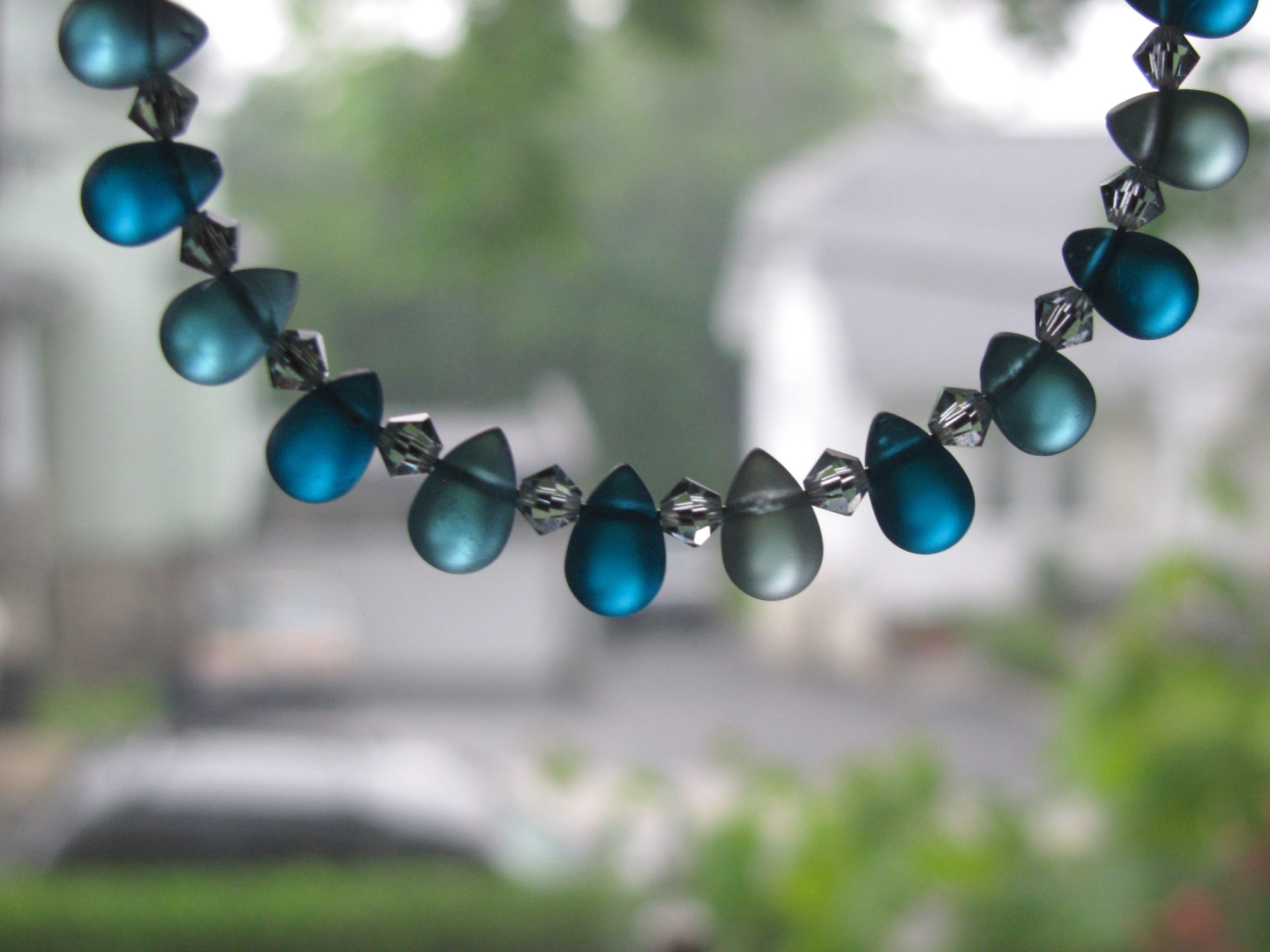For hours my mother hovered over us,
her hand gently guiding mine, her wrist
a helm for my unsteady ship.
I knew how to hold a pencil,
how to grip it between my thumb
and pointer finger, how to lean softly
to avoid a callus. I knew how to form
all my letters perfectly before starting school.
For every birthday, a new notebook
would appear wrapped tightly with a bow.
I would bury my nose inside it
as if the pages would write themselves
with my breath. The pages I’d fill with words
my young tongue was too knotted to express.
—Tiana Nobile
From Cleave (Hub City Press, 2021). Reprinted with permission of the poet.
